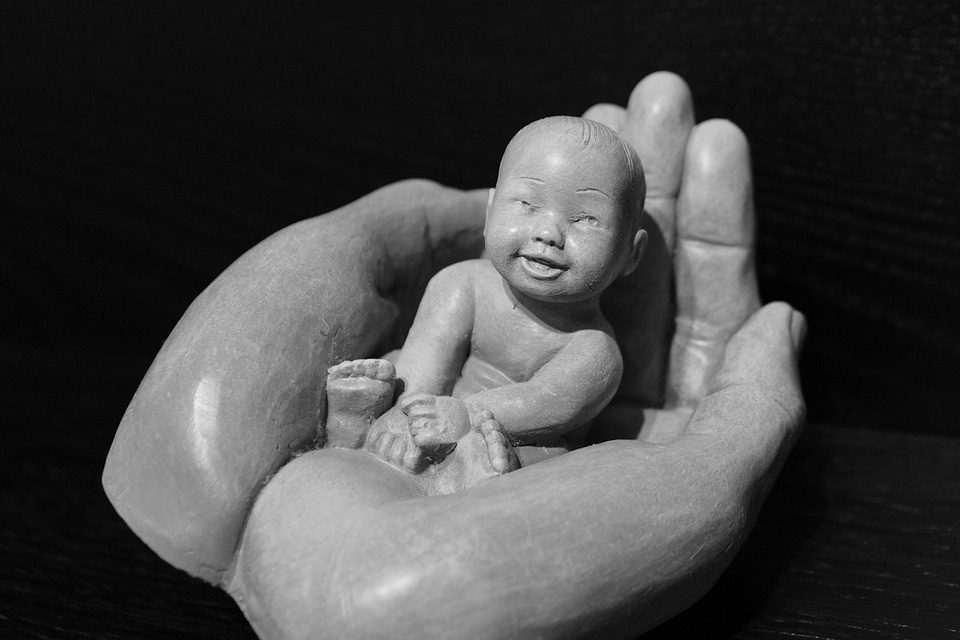Surrogacy is a boon to couples who struggle to conceive. There are many couples who suffer from fertility issues, physical constraints, and mental challenges. Even same sex couples turn towards the non-conventional ways of reproduction to complete their family.
Are you, too, considering surrogacy for getting a baby? If yes, then it is important to be aware of the surrogacy laws in Canada. The main governing bylaw for surrogacy is the Assisted Human Reproduction Act (AHRA). Under this law, there are certain prescribed prohibitions related to surrogacy and the list of facilities that needs to be provided to the surrogate mother. Let’s discuss this further.
Assisted Human Reproduction Act (AHR Act)
The roots of the development of this law dates back to 1989 when the government of Canada had asked the Royal Commission on New Developments in the field of infertility treatments. With this information in hand, they had further discussions with medical professionals, ethicists, researchers, and other key influencers in the field of assisted human reproduction and came up with the AHR Act. This was later declared a law in the year 2004. This forms the basis of surrogacy laws in Canada.
The law comprises of principles, prohibitions, interpretations, offences, and the facilities and rights of surrogate mothers.
Key Principles of AHR activities
The law has defined certain principles that all professionals, researchers, and other relevant parties are expected to follow. To begin with, irrespective of the technologies being used, at no point in time should the health and well-being of the children be compromised. The second principle states that the medical practitioners need to take appropriate measures to ensure the health, safety, dignity, and rights of the people being affected with the use of AHR technologies is protected. In this case, women are mostly affected by the use of AHR technologies. Hence, care must be taken to safeguard their health.
The next principle emphasises on free and informed consent from all parties concerned before venturing into the world of assisted human reproduction. The commercial trade and abuse of the reproductive capabilities of children, women, and men, is considered to be a crime in Canada. Lastly, it is important to preserve and protect the human individuality and diversity, and integrity of the human genome.
What are the Prohibitions Related to Surrogacy?
The AHR Act has clearly set out certain prohibitions for surrogacy. Some of them are are listed below:
- No one can create a human clone by any technique. This also includes transplants of a human clone into any non-human life form or artificial device.
- The sole purpose for creating an in-vitro embryo should be for creating a human being.
- No one can create an embryo from a cell or part of a cell taken from an embryo or foetus or transplant an embryo so created into a human being.
- No one can implant a sperm or an ovum of a non-human form into a human being.
- Once the embryo is fertilized, it cannot be kept outside the female body after the fourteenth day of its development.
Facilities for Surrogate Mothers
As per the AHR Act, a surrogate mother can be repaid for out-of-pocket costs directly related to her pregnancy and usually a receipt is needed. Some examples include maternity clothes, medications, travel expenses, etc.
The surrogate mother is also eligible for reimbursements for loss of work wages if she needs to take bed rest during pregnancy. Additionally, the surrogate mother should be at least 21 years of age.
Interested in learning more about surrogacy laws in Canada? Reach out to our legal experts.

